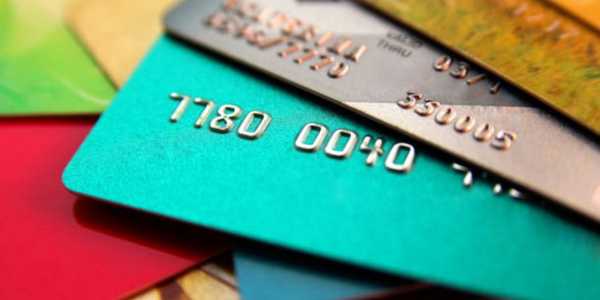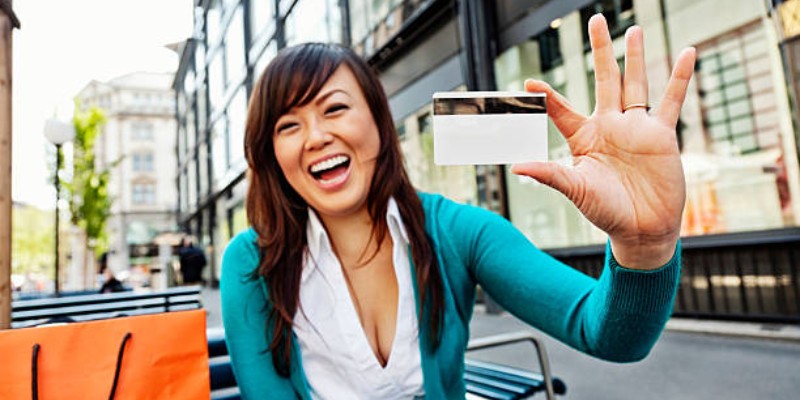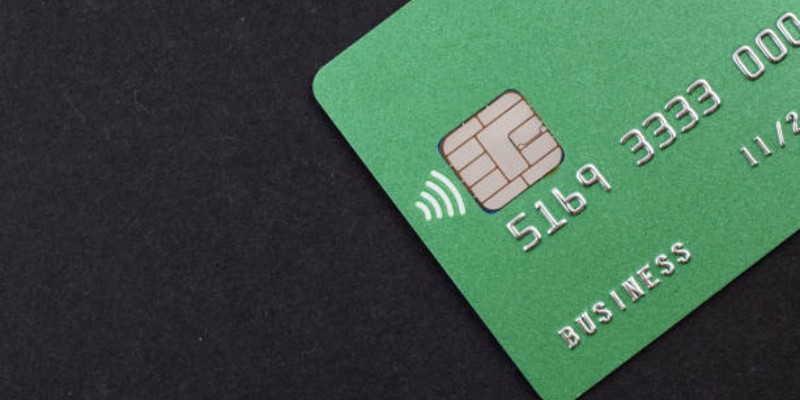Best Credit Cards For First-Time Applicants (No Credit History)

Many people want a credit card when they turn 18 or start their first job. But if there is no credit history, getting approved can be tough. Banks and credit unions typically require proof that a person can repay loans on time. That is why first-time credit card users should be aware of what to look for.
Types Of Credit Cards For People With No Credit
First, understand that a credit card is not free money. It is borrowed money. When used well, it helps build a credit score. A good score makes it easier to get loans for a house or car later. However, poor use can lead to debt, Stress, and difficulties obtaining loans later.

Young adults with no credit record should start small. Select cards with low fees, straightforward rules, and straightforward rewards. Some cards help build credit faster than others.
Banks offer different types of cards to individuals with no credit history. Knowing what they are helps make a better choice.
Secured Credit Cards
This is the easiest credit card for individuals with no credit history. A secured card needs a cash deposit. This deposit is equivalent to the credit limit. If the limit is $300, then $300 is paid upfront. The bank holds this money and protects it if bills are not paid on time. When the card is used and bills are paid on time, it helps build credit. After a year or so of good use, many people move to a better unsecured card.
Student Credit Cards
Students can get special cards with no credit history. These cards often have low spending limits and easy rules. They help students learn how to use credit effectively. Some student cards give small cash back or points.
Store Credit Cards
Some stores give credit cards that are easier to get. These cards can only be used at that store or chain. They help build credit if paid on time every month. However, interest rates can be high, so it's best to pay the full balance as soon as the bill is due.
Unsecured Beginner Credit Cards
Some banks offer unsecured credit cards for first-time users. These do not need a deposit. However, the interest rate may be higher than usual, and the spending limit may be limited at first. Many people use these for small monthly bills, pay off the balance, and see their credit score grow over time.
What To Look For When Choosing A Card
A first-time user should look at the fees. Many starter cards have annual fees. Try to find one with no annual fee. Look at the interest rate, too. This is referred to as APR (Annual Percentage Rate). A high APR means paying more if the balance is not paid in full each month.
Rewards are beneficial, but they should not be the sole reason to obtain a card. Some cards give 1% to 2% cash back on purchases. But the key is paying on time, not chasing points.

Verify that the card is reported to the three major credit bureaus: Experian, Equifax, and TransUnion. Reporting is important. It is how credit history gets built.
Additionally, ensure the bank offers excellent customer service. Some people prefer working with local banks or credit unions because they tend to answer questions more quickly than larger banks.
Learn more about how credit scores work by visiting Experian’s official site .
Tips For Using The First Credit Card
New users of credit cards should always pay the full balance each month. Paying only the minimum amount incurs additional charges. It is easy to get caught up in interest. Paying the full balance means no interest and a better credit score.
Use the card for necessary expenses, not for things that will incur debt. Many people use cards for groceries, gas, or small bills they have already paid. This keeps spending under control and builds credit.
Set up alerts. Most cards have free text or email alerts when a payment is due. Always pay on time. One late payment can damage your credit and incur additional fees.
Try to keep the credit use below 30% of the limit. This is called credit utilisation. If the card limit is $500, do not spend more than $150 at a time. Keeping your usage low helps improve your credit score.
Look at statements every month. Ensure that there are no incorrect charges. If you encounter any issues, please get in touch with the bank immediately.
More tips on clever credit use can be found on the Consumer Financial Protection Bureau website.
Good Starter Cards To Consider
Many banks and companies have starter cards for first-time credit users. Some popular choices include:
1. Discover it® Secured Credit Card.
This card needs a deposit but has no annual fee. It gives cash back rewards on purchases. Discover reports to all three credit bureaus.
2. Capital One Platinum Secured Credit Card
This card also requires a deposit, but it's easy to obtain with no credit check. There is no annual fee. Over time, the limit can increase with proper use.
3. Petal® 2 “Cash Back, No Fees” Visa® Credit Card
This card requires no deposit and has no annual fee. It works well for individuals with no credit history. It gives up to 1.5% cash back. Petal uses banking data to decide who qualifies.
Always check the rules and offers on each card before applying. Terms can change.
Learn more about top starter cards at NerdWallet .

Building Credit The Right Way
Good credit does not happen overnight. It comes from good habits over time. Many young people rush to obtain higher limits or multiple cards. This can cause problems. One or two well-chosen cards are sufficient to get started.
Never let friends or family use the card. If they do not pay, the card owner is still responsible.
Be cautious of credit card scams or fake calls requesting your credit card number. Always protect card details.
A sound first credit card is a tool. It opens doors to bigger opportunities later, such as securing a car loan, renting an apartment, or even landing a job where credit checks are conducted. Many people are unaware that some landlords and employers check credit scores before making decisions.
Use the first card to build good credit, not to build debt. If money is tight, consider avoiding the use of the card. It is better to wait than to carry debt for things that are not needed.
With the proper steps, a first credit card can help reach bigger goals in the future.










